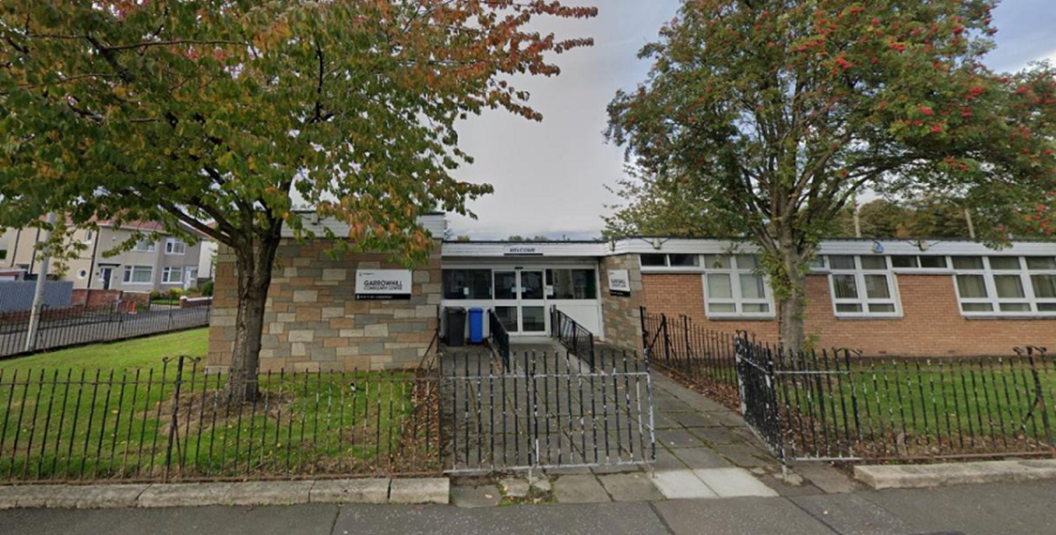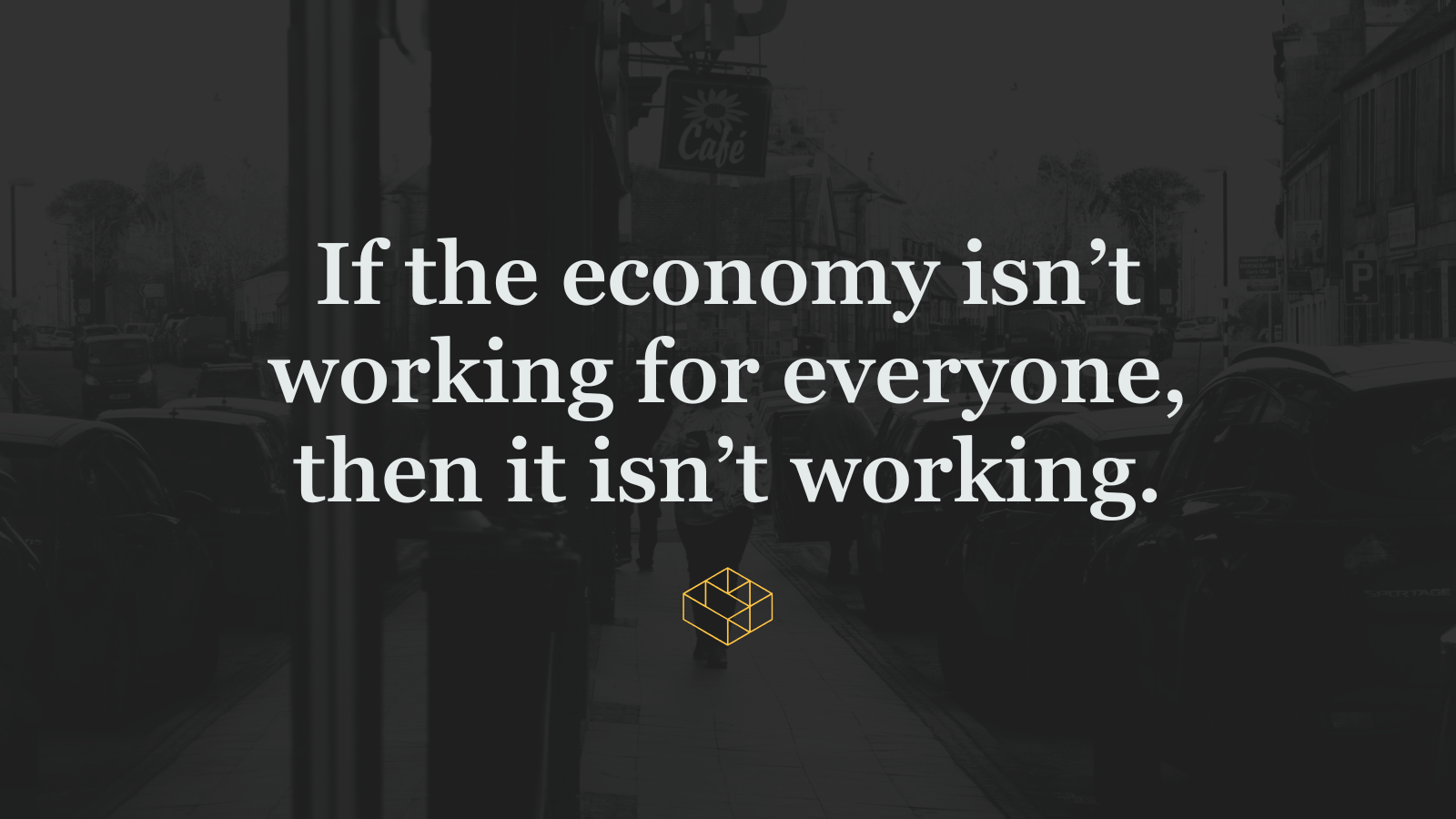
Communications Strategy Development: A Glasgow Communities Fund Case Study with Braw Talent CIC
Client
Brew Talent CIC
Name of Project
Glasgow Communities Fund
Services used
- Marketing strategy and support
Overview of Organisation
Braw Talent CIC is a social enterprise founded by Darren Osborne, Lydia Everitt and Colm Keegan that empowers young people through creative media projects. The organisation’s distinctive approach puts young people at the centre of creative production, emphasising empowerment and authenticity while delivering bespoke initiatives that develop participants’ skills and creates meaningful content for their clients.
Recently, Braw Talent has been working to reduce grant dependency and increase sustainable earned income, making a communications strategy essential for their continued growth and impact. 12 months on from concluding their support with CEIS, we spoke to Darren to reflect on their communications strategy and its impact on their organisation.
The Challenge
Braw Talent approached CEIS for support to communicate their value proposition effectively. Their unique challenge stemmed from the highly bespoke nature of their work, which made consistent messaging difficult. Key challenges included:
- Difficulty articulating what they do due to the diverse nature of their projects
- Lack of a consistent messaging guide despite having strong underlying values
- Limited website enquiries to generate potential business opportunities
- Uncertainty about how to effectively connect with target audiences
- Challenges in developing a cohesive approach across communication channels
As Darren expressed: “We were really struggling to communicate what it is we do because we did so much, because our projects were really bespoke.”
The Approach
With funding from Glasgow City Council’s Glasgow Communities Fund, CEIS worked with Braw Talent to enhance their communications approach. This support provided 5 days of focused, tailored business guidance that helped them create a practical communications strategy to strengthen their organisation. Working collaboratively, we followed these steps:
Step 1: Getting to Know Each Other: We spent time understanding what makes Braw Talent special. Through conversations with Darren and Lydia, we uncovered the consistent process they use across all their projects and the values that drive their work.
Step 2: Creating Clear Messages: We helped Braw Talent develop straightforward ways to talk about their work. Instead of following standard approaches or what they thought clients expected, we encouraged them to communicate in ways that felt authentic to their values and personality. This meant embracing a more personal style that reflected who they really are rather than adopting communication styles that felt forced or uncomfortable.
Step 3: Picking the Right Channels: We looked at where Braw Talent should share their messages – whether on social media, their website, through newsletters or networking. We discussed plans for each channel that wouldn’t overwhelm a small team.
Step 4: Making a Realistic Plan: Together, we developed a 12-month roadmap that acknowledged their limited time and resources.
Step 5: Practical Improvements: We provided specific advice for their website and social media accounts, including clear ways to measure success so they could see what was working.
Throughout our work together, we made sure the strategy would work for Braw Talent’s unique situation rather than offering a one-size-fits-all approach. The goal was to create something useful that they could implement, even with limited time and resources.
Key Insights and Takeaways
The strategy development process yielded several important insights:
Process as the anchor: The most transformative realisation was identifying their consistent process as the unifying element across all their work, how they talk to clients and the young people they work with. As Darren noted, “The thing that was consistent in all of that was the process that we went through.”
Values-driven approach: The strategy helped formalise their existing values that were already driving the business but hadn’t been explicitly documented. “Those values are what was driving us even in the way we talked to clients, when we talked to young people,” Darren reflected.
Authentic voice matters: The process revealed that a more personal, authentic communication style aligned better with their brand than a corporate approach, particularly important for a small organisation built on relationships.
Client feedback structure: Implementing a formal feedback collection system became a valuable tool for both service improvement and generating testimonials for future marketing materials.
Most Valuable Aspects of the Process
Darren highlighted several aspects of the development process as particularly valuable:
- The external perspective: “I think it was really important having somebody on the outside looking in.”
- Identifying core elements: “Honestly that was the key thing – identifying that… we do this one thing really. It changes every time, but it’s one thing we do really.”
- Clear documentation: Having the strategy documented made it valuable for onboarding temporary staff, as Darren noted with a work experience student: “We don’t have to sit down for half a day explaining who we are and what we do or how to write in our tone of voice.”
Evolution in Communications Thinking
The project helped to transform how Braw Talent approaches communications:
- Shift from audience-pleasing to authentic identity: Moving from trying to be “everything to everyone” to being confident in their specific identity and process
- Genuine connection over formality: Embracing a more personal, relationship-focused communication style that authentically represents their small team, moving forward with confidence in this approach regardless of previous content strategies.
- Process-focused messaging: Focusing on their consistent process as their differentiator rather than trying to explain every service variation
- Strategic over tactical: Developing a more deliberate, planned approach to communications rather than ad-hoc efforts
As Darren said: “I think I used to focus too much on the people we’re talking to and try to appease them a little bit… [Now] it’s more about us knowing who we are and then communicating that.”
The Outcome
While full implementation is still in progress, Braw Talent has already seen significant benefits:
- Website enquiries increased by 250%: This has contributed to a substantial increase in income generation.
- More effective social media approach: Testing showed better engagement when Darren represented the brand personally rather than using corporate accounts
- Improved sales process: “I used to spend ages prepping for inquiry calls, but because we’ve done all this work, it’s all just ingrained in my mind now.”
- Efficient resource utilisation: The documented strategy allowed an intern to quickly understand the brand voice and contribute meaningfully
- Enhanced public profile: Increased participation in conferences and public speaking opportunities
Darren emphasised that the strategy has “helped in every aspect” of the business, from meetings to proposals to social media.
Lessons Learned and Future Plans
The case study revealed important learnings that could benefit other social enterprises:
- Be realistic about implementation capacity: “I think probably… I was giving myself too much to do.”
- Document your brand foundation: Having core values and messaging documented makes everything else more efficient and consistent
- Prioritise personal connection: For small businesses, the human element often drives better engagement than corporate messaging
- Maintain visibility of communications tasks: Darren keeps communications priorities visible on task lists, ensuring they remain a priority even when not immediately actioned
Looking ahead, Braw Talent plans to expand their team, potentially bringing in dedicated communications support to further implement the strategy.
This case study demonstrates that even without complete implementation, a well-developed communications strategy can deliver significant benefits to social enterprises. For Braw Talent, the process of clarifying their identity and messaging has already contributed to improving business outcomes and operational efficiency. The documented strategy continues to serve as a valuable roadmap as they grow.
As Darren summarised: “It’s genuinely helped across the board just because we know what we do and who we are.”

